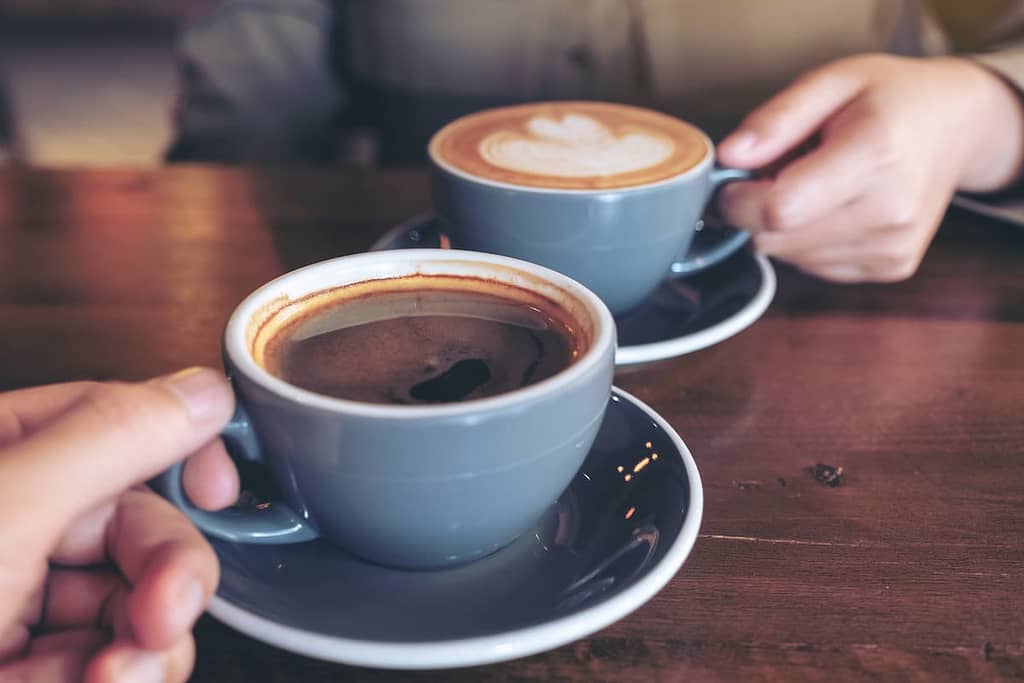[[{“value”:”

A new study of over 49,000 respondents observed shifts in caffeinated beverage patterns that impact caffeine intakes in the United States population.
The new survey indicates a lower proportion of the US population is consuming caffeinated beverages but at moderately higher levels of intake. The results also show that the mean caffeine intake from caffeinated beverages still remains below 400-milligrams of caffeine per day.
For most adults, the US Food & Drug Administration (FDA) and other health authorities have cited 400 milligrams per day – approximately two to three 12-fluid-ounce (355-millilitres) cups of coffee – as an amount not generally associated with negative health effects.
The higher levels of intake may partially be explained by a greater proportion of coffee consumers and higher intakes of caffeine from coffee and new specialty coffees, according to the new study.
The results were compared to an earlier 2010 to 2011 survey, but as the design of the two studies vary part of the differences observed may also be explained by a change in study methods. The new survey also found that energy drinkers now make up around 12 per cent of caffeine consumers.
While coffee remains the most consumed caffeinated drink, some growth in the mix might also be the result of the increase in number of brands and types of energy drinks available compared to 10 years ago.
Survey results found that there were 970 brands reported across all categories of beverages, compared to 559 listed brands about 10 years ago. Types of beverages, brands and amount consumed make it possible to assess caffeine exposure. Categories for assigning caffeine values included coffee and tea – caffeinated and decaffeinated – carbonated soft drinks, energy drinks, chocolate drinks, and fruit drinks.
Of caffeine consumed, coffee contributed the most (70 per cent), followed by carbonated soft drinks (15 per cent), and tea (9 per cent). Energy drinks contributed 6 per cent to the total caffeine consumed.
Relative to the prior 2010 to 2011 beverage survey, the new study indicated shifts including a 15 per cent greater contribution of coffee to total caffeine intake. This was accompanied by a 27 per cent decrease in the contribution of carbonated soft drinks to caffeine intake and a more than 50 per cent decrease in tea consumption.
Despite this decline in tea drinkers, adults in all age categories who drink tea have nearly doubled their caffeine intake from tea.
The authors conclude that these data are needed and widely used by industry, regulatory agencies, and to inform public health guidance, as no comparable, comprehensive caffeine intake data have been published in recent years.
The survey was supported by IAFNS and appears in a recent issue of the peer-reviewed journal Food & Chemical Toxicology.
The post Study shows caffeinated beverage drinkers are down but caffeine intakes are up appeared first on Global Coffee Report.
“}]]


